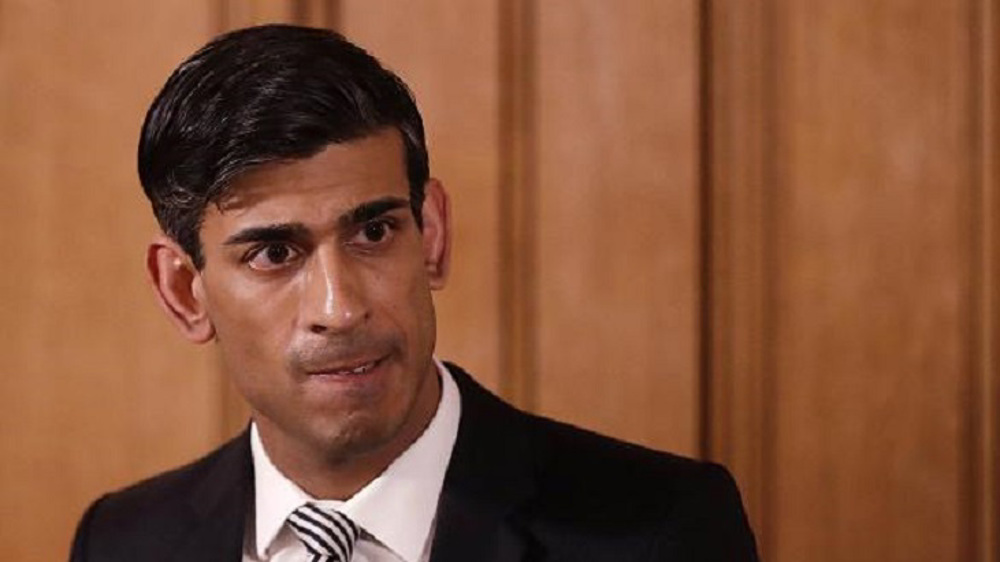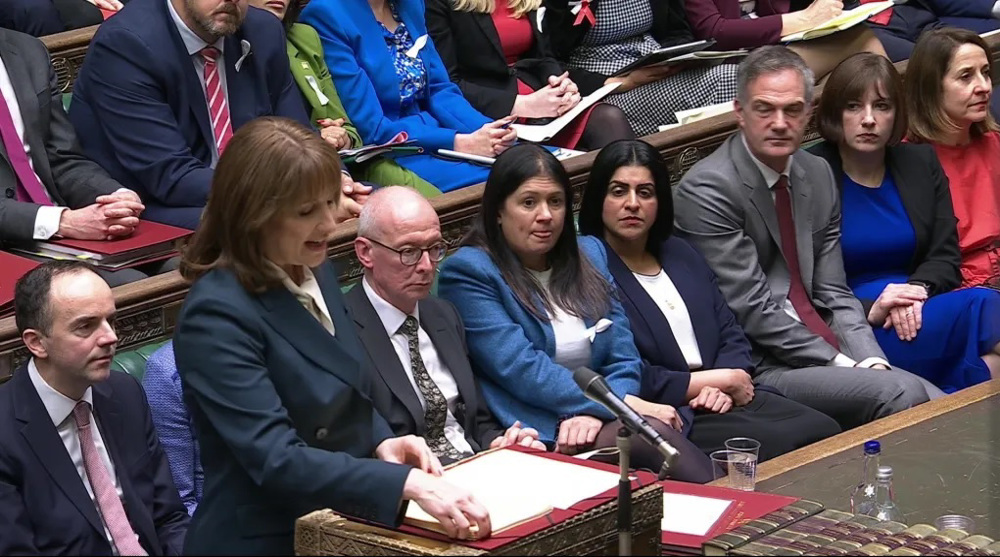Chancellor Rishi Sunak hints at post-Covid austerity measures
As the UK struggles to contain a second wave of the coronavirus pandemic, the prospects for the country’s economy is looking increasingly gloomy.
Addressing the Tory party annual conference, the Chancellor of the Exchequer, Rishi Sunak, vowed to “always balance the books”, despite massive public spending to contain the economic fallout of the pandemic.
Underscoring deeply-seated Conservative Party values, Sunak proclaimed the Tories have a “sacred duty” to “leave the public finances strong”.
In an effort to whip up Tory solidarity in the midst of profound financial uncertainty, the Chancellor said he will deploy the “overwhelming might of the British state” to help people find new employment.
But crucially, Sunak said that debt and spending needed to be controlled “over the medium term”.
Addressing leading Conservative Party members virtually (due to coronavirus-related restrictions), Sunak said the Tories cannot argue there is “no limit on what we can spend” nor that “we can simply borrow our way out of any hole”.
The Chancellor’s thinly-disguised hint at future austerity comes in the wake of unprecedented government borrowing to the tune of £35.9 billion in August, the highest amount since records began in 1993.
In fact government borrowing between April and August soared to £173.7 billion as the Chancellor splashed vast sums of money on coronavirus-related schemes to save the economy.
The most important of these is the furlough scheme which is designed to protect jobs by directly supporting employers.
But by all credible accounts, the Chancellor has a mountain to climb before he can confidently claim he has stabilized the economy.
Even the BBC’s political editor, Laura Kuenssberg (who is usually supportive of the Chancellor), writes that in view of “stratospheric levels” of public spending, coupled with a lack of details in Sunak’s speech, means that the state of the nation’s finances are unlikely to return to normal before the next general election in 2024.
Lebanese journalist summoned to court for criticizing president
‘The Voice of Hind Rajab’ receives Oscar nomination
VIDEO | Foreign-backed terrorism in Iran
US-backed riots suffered 'humiliating' defeat in Iran: Yemeni leader
Pezeshkian: ‘Unholy rage’ fueled by Iran’s enemies after June defeat
Iran condemns Israeli demolition of UNRWA headquarters in occupied al-Quds
Denmark reasserts Greenland sovereignty as Trump claims ‘total access’
Iran’s political legitimacy comes from ballots and popular will, not foreign powers













 This makes it easy to access the Press TV website
This makes it easy to access the Press TV website